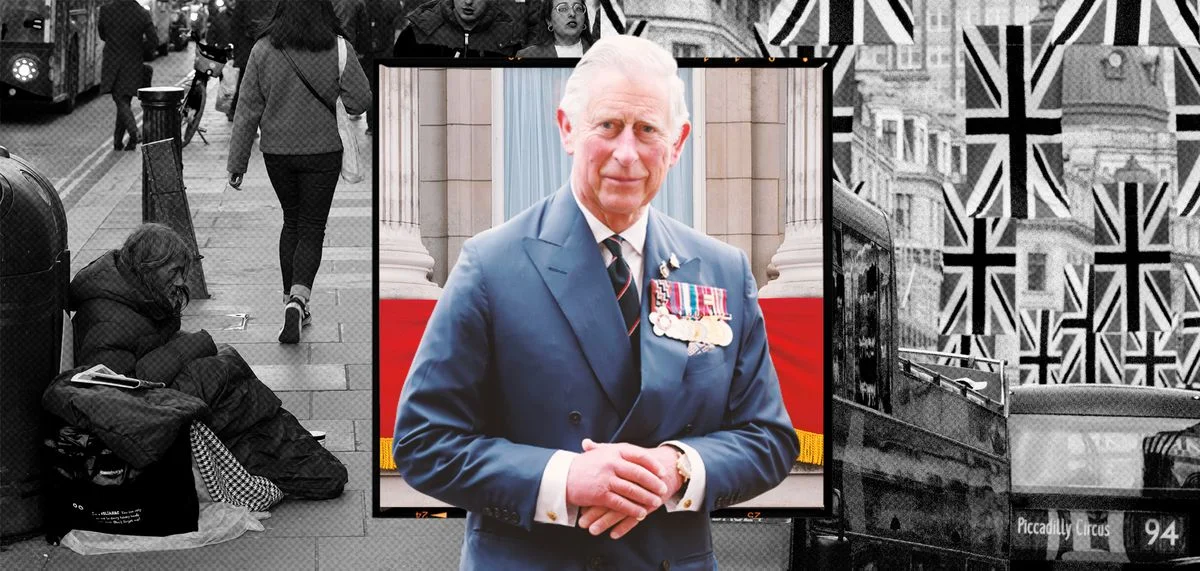UK citizens continue to struggle with a cost-of-living crisis and widespread strikes over pay, many are questioning why they must pay for the extravagant coronation ceremony of King Charles III on Saturday. The actual cost of the coronation has not been disclosed and is not expected to be made public until after the event. Nevertheless, estimates suggest the cost could be as high as £100 million, not including the cost of providing extensive security measures.
According to an April YouGov poll, 51% of respondents believed that taxpayers should not fund the coronation ceremony to crown Charles and Camilla, as the royal family has previously donated undisclosed sums to charity. Some members of the public feel that the lavish ceremony is in stark contrast to the struggles of ordinary Britons who are finding it challenging to make ends meet.
Despite the opposition, Buckingham Palace has stated that “efficiencies” have been made, including reusing ceremonial elements rather than commissioning new ones. Compared to the 8,000 guests who attended Queen Elizabeth II’s coronation in 1953, only 2,300 people will be present for Charles III’s ceremony. The British Beer and Pub Association predicts that the coronation will generate an extra £120 million for pubs across the country, while the hospitality industry also expects a significant boost.
While some view the coronation as a positive event, anti-monarchy activist Graham Smith has called it a “slap in the face for millions of people struggling with the cost-of-living crisis.” Despite this, Buckingham Palace maintains that a national event of this magnitude attracts “huge global interest” and generates more revenue than it costs.
As the debate over whether taxpayers should bear the cost of the coronation ceremony rages on, many Britons will be watching closely to see what benefits, if any, the event will bring to their communities. For now, the cost remains a source of controversy and debate.




